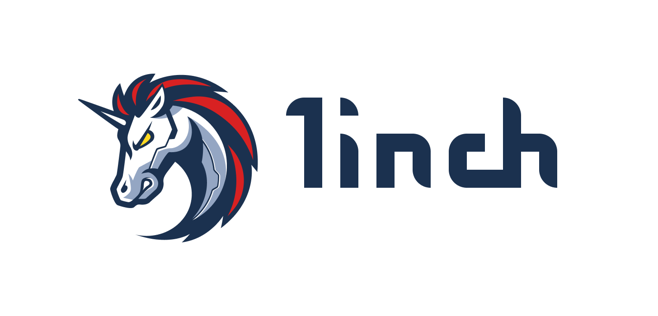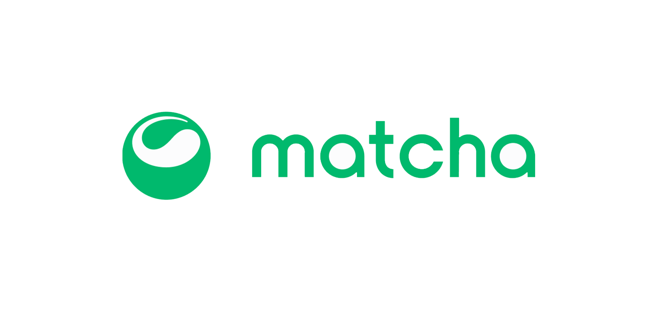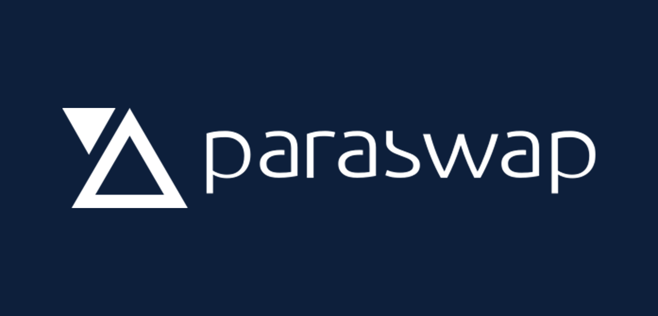Published 20 May 2024
Ratex.ai/
- Blog/
- Software/
- DEX Aggregators: Streamlining Crypto Trading with Boosted Liquidity and Pricing
DEX Aggregators: Streamlining Crypto Trading with Boosted Liquidity and Pricing

Decentralized exchanges (DEXs) have emerged as a crucial component of the cryptocurrency ecosystem, enabling users to trade digital assets directly with one another, without the need for intermediaries like traditional centralized exchanges. DEXs offer several advantages, including enhanced security, privacy, and censorship resistance, as they operate on blockchain networks and employ smart contracts to facilitate trades.
However, DEXs often face challenges related to liquidity, pricing, and user experience, which can make it difficult for traders to execute their desired trades efficiently and at the best possible rates. This is where DEX aggregators come into play, as they aim to address these issues by consolidating liquidity from multiple DEXs, providing competitive pricing, and simplifying the trading process for users.

Understanding DEX Aggregators
DEX aggregators are platforms that connect to multiple decentralized exchanges (DEXs) and consolidate their liquidity pools, enabling users to access a broader range of trading options and execute trades at the best possible prices. By aggregating liquidity from various sources, DEX aggregators help address the fragmentation of liquidity that is often seen in the decentralized finance (DeFi) space.
Using DEX aggregators offers several benefits to traders:
- Access to multiple liquidity pools
DEX aggregators allow users to tap into the liquidity of numerous DEXs simultaneously, ensuring that they can find the best available rate for their desired trade.
- Better pricing
By comparing and analyzing prices across multiple DEXs, DEX aggregators can offer users more competitive pricing, minimizing the impact of price discrepancies between different platforms.
- Reduced slippage
Slippage occurs when the price of an asset changes between the time a trade is initiated and when it is executed, resulting in a less favorable outcome for the trader. DEX aggregators can help mitigate slippage by splitting trades across multiple DEXs, ensuring that the trade is executed at the closest possible price to the user's intended rate.
By leveraging these advantages, DEX aggregators have become an increasingly popular tool for traders in the DeFi space, simplifying the trading process and enhancing the overall user experience.

Popular DEX Aggregators and Their Features
The growing popularity of DEX aggregators has led to the emergence of several platforms, each offering unique features and advantages to users. In this section, we will provide an overview of three well-known DEX aggregators: 1inch, Matcha, and Paraswap.

1inch
1inch is a user-friendly DEX aggregator that supports multiple blockchain networks, including Ethereum, Binance Smart Chain, and Polygon. The platform employs an advanced algorithm called the "Pathfinder" to analyze and compare prices across various DEXs, ensuring that users receive the best possible rates for their trades. Additionally, 1inch offers a native utility token, 1INCH, which provides holders with various benefits, such as reduced fees and governance rights.

Matcha
Matcha is a DEX aggregator developed by the 0x Labs team, which focuses on providing users with a seamless and intuitive trading experience. The platform aggregates liquidity from various DEXs built on the 0x protocol and other networks, such as Ethereum, Binance Smart Chain, and Avalanche. Matcha features a professional-grade charting interface, allowing users to analyze market trends and make informed trading decisions. Moreover, the platform does not charge any additional fees beyond the gas fees required to execute trades.

Paraswap
Paraswap is a DEX aggregator that prioritizes efficiency and speed, aiming to minimize gas fees and slippage for users. The platform aggregates liquidity from numerous DEXs on the Ethereum network, including Uniswap, SushiSwap, and Curve. Paraswap's smart order routing system ensures that trades are executed at the most favorable rates, while its gas fee optimization algorithm helps users save on transaction costs.
Each of these DEX aggregators offers distinct advantages and features, catering to the diverse needs and preferences of traders in the DeFi space.

How DEX Aggregators Ensure the Best Rates and Minimize Slippage
DEX aggregators employ sophisticated algorithms and techniques to ensure that users receive the best possible rates for their trades and minimize slippage. Two key methods used by DEX aggregators to achieve this are route optimization and smart order splitting.
- Route optimization
Route optimization is the process of analyzing and comparing various trading routes across multiple DEXs to identify the most efficient and cost-effective path for executing a trade. DEX aggregators consider factors such as liquidity, pricing, and gas fees to determine the optimal route. By using route optimization, DEX aggregators can ensure that users benefit from the best available rates and minimize the overall cost of their trades.
- Smart order splitting
Smart order splitting is the practice of dividing a large trade into smaller, more manageable parts and executing them across multiple DEXs. This technique helps to minimize the impact of slippage, which can be particularly significant for larger trades. By executing smaller trades at the most favorable rates, DEX aggregators can effectively reduce the overall price discrepancy between the intended and executed trade, resulting in a more efficient and cost-effective trading experience for users.
These techniques employed by DEX aggregators not only help to improve the overall trade execution but also contribute to the enhanced liquidity and competitiveness of the DeFi ecosystem.

The Future of DEX Aggregators and Their Impact on the Crypto Ecosystem
As the DeFi space continues to evolve and grow, DEX aggregators are likely to play an increasingly significant role in shaping the future of decentralized trading. Several potential developments in the DEX aggregator space could further enhance their utility and impact on the broader crypto ecosystem.
Integration with other DeFi services
DEX aggregators could expand their functionality by integrating with other DeFi services, such as lending and borrowing platforms, yield farming opportunities, and asset management tools. This would create a more comprehensive and interconnected DeFi ecosystem, enabling users to access a wide range of services and financial products from a single platform.
Cross-chain functionality
Currently, most DEX aggregators operate within a single blockchain network, such as Ethereum or Binance Smart Chain. The development of cross-chain functionality would allow DEX aggregators to access liquidity pools and execute trades across multiple blockchain networks, further enhancing their ability to provide users with the best possible rates and minimizing slippage.
Improved user interfaces and experiences
As DEX aggregators continue to gain popularity, there is an increasing need for platforms to offer intuitive and user-friendly interfaces. By focusing on design, usability, and accessibility, DEX aggregators can attract a broader range of users, including those who may be new to the world of decentralized finance.
These advancements in the DEX aggregator space could have several positive implications for the broader crypto ecosystem:
- Increased adoption
By simplifying the trading process and offering a more comprehensive suite of services, DEX aggregators can help to attract new users to the world of decentralized finance, driving the overall adoption of cryptocurrencies and blockchain technology.
- Enhanced liquidity
As DEX aggregators continue to improve their ability to access and consolidate liquidity from various sources, they can contribute to a more liquid and efficient crypto market, benefiting both traders and investors.
- Greater decentralization
By promoting the use of decentralized exchanges and other DeFi services, DEX aggregators can help to foster a more decentralized and resilient financial ecosystem, reducing the reliance on traditional centralized intermediaries.
In summary, DEX aggregators have become a crucial tool for traders in the decentralized finance space, as they simplify the trading process, enhance liquidity, and provide competitive pricing. By consolidating liquidity from multiple DEXs and employing sophisticated algorithms, DEX aggregators ensure that users receive the best possible rates for their trades while minimizing slippage.
Read More




 Get RateX Pro
Get RateX Pro
 25 Apr 2024
25 Apr 2024
